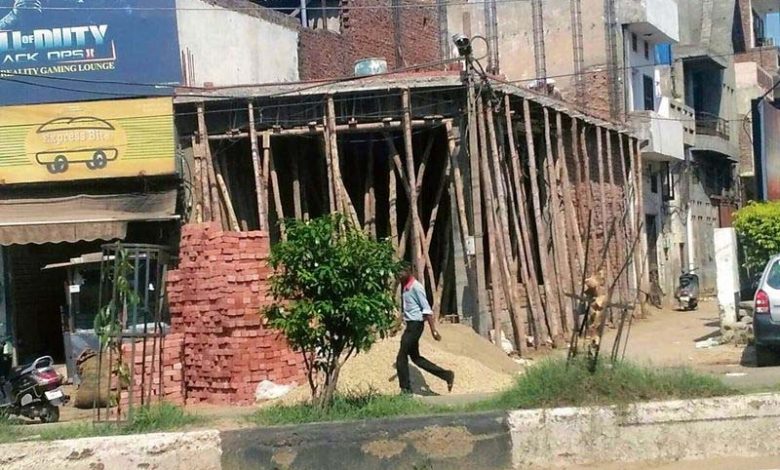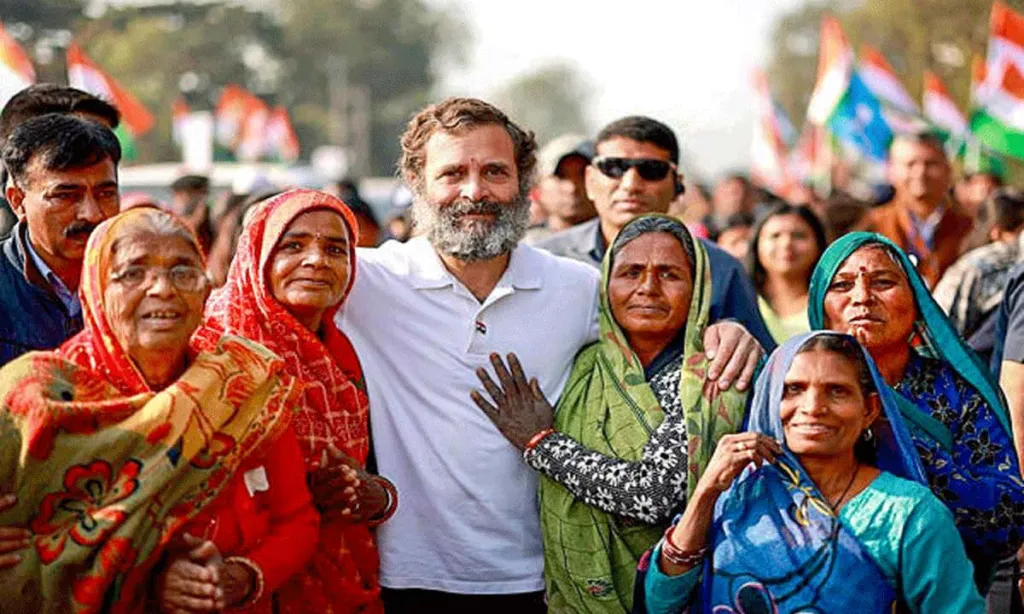Punjab: Opposition and environmental activists angry over draft building bye-laws

Punjab: The state government has received over 300 suggestions and objections to its draft unified building bye-laws. Many have expressed concern over the lack of proper assessment to assess its impact on existing infrastructure in cities amid growing population. As the 30-day period for filing objections to the draft bye-laws ends on August 23, the state’s main opposition party Congress has termed it a “ploy to benefit corporate houses”. The party has demanded a discussion on it in the state assembly. The Shiromani Akali Dal (SAD) alleged that the changes in the bye-laws were being made to “compensate” builders who were trying to “acquire” land at cheaper rates under the land pooling policy, which the government had to withdraw following statewide protests.
Meanwhile, officials of the Housing and Urban Development Department said the suggestions would be reviewed by a panel of experts before going ahead. The draft Punjab Integrated Building Rules, 2025, allows construction of stilt-plus-four storeys on residential plots. The department has allowed the height of buildings to be increased to 17.5 metres. The relaxation comes with a condition that the plot should be located on roads 12 metres (40 feet) or wider. Commenting on this, several environmentalists said the move would lead to increased congestion and population density. The Jan Karyani Samiti, led by Jaskirat Singh, Kapil Arora, Kuldeep Singh Khaira and Dr Amardeep Singh Bains, said the proposed bye-laws would lead to increased congestion, traffic jams and commercialisation of homes.
‘Impact assessment ignored’
They believed the rules should be framed keeping in mind the capacity of public infrastructure, protection of social and cultural balance and existing green cover. Jasinder Sekhon, an activist from Sangrur, said neither any environmental or social impact assessment was carried out nor any future-oriented study to assess infrastructure needs for the next 20 years. “This approach is regressive and short-sighted, which undermines scientific urban planning,” she said. She said Punjab’s cities are already grappling with overburdened sewage systems, frequent waterlogging, lack of safe drinking water, poor drainage networks, dwindling green cover, increasing traffic and rising pollution.
“Instead of addressing these existing deficiencies, this draft opens the door to uncontrolled vertical development and high density which will only worsen the situation,” she added. Meanwhile, Congress leader Pargat Singh alleged that the government wanted to “appease” builders after failing to implement the land pooling policy, under which about 65,000 acres of land was targeted for acquisition. He further said, “The government is proposing to construct stilt-plus-four floors on residential plots in licensed colonies and sectors without assessing the impact it will have on infrastructure.” Pargat demanded a discussion in the state assembly on the issue and an all-party meeting with environmental and agriculture organisations. Punjab Congress president Amarinder Raja Warring said the government was “so hell-bent on plundering Punjab’s resources” that after failing to implement the land pooling policy, it introduced draft bye-laws. “AAP supremo (Arvind Kejriwal) cried over Delhi’s pollution, so what about Punjab’s environmental concerns?” the Congress leader asked.
‘Will destroy cities’
Shiromani Akali Dal chief Sukhbir Badal also criticised the move, saying if the new rules were implemented, they would destroy towns and cities in Punjab. He alleged, “After being forced to withdraw the land pooling scheme following persistent pressure from farmers, Arvind Kejriwal is now preparing to compensate builders who had paid him thousands of crores of rupees to acquire cheap land in Punjab.”





